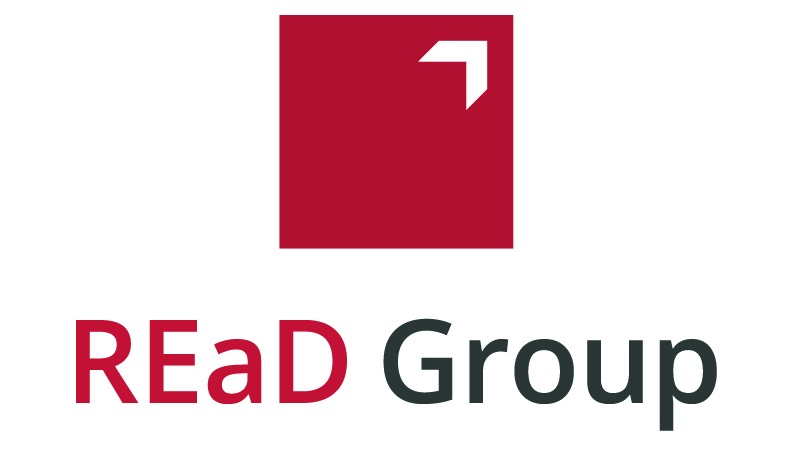Industry Spotlight: Direct mail is now stronger than ever…
Direct mail is widely-viewed as one of the original forms of marketing. For over sixty years, marketers have enjoyed huge success with this simple, yet effective form of communication. However, the rise of digital technology has heralded an array of new methods, leading some people to question how much longer direct mail will form part of the mix.
So why, in this day and age of digitally-innovative forms of promotion, should direct mail still be taken seriously?
Carpet bombing and the Dot.com bubble
The use of direct mail for marketing purposes was groundbreaking, enabling companies to communicate with their customers beyond the confines of an office or store. However, the extremely high volume of direct mail marketing in the 90s earned it the negative terms ‘carpet bombing’ and ‘junk mail’. People would return from holiday and struggle to open their front doors due to the sheer volume of promotional collateral piled up in their hallways.
Whilst direct mail has learnt from its mistakes and grown to become a medium that is much more refined, the problem of excessive volume is now plaguing the digital marketing industry. Regardless of how sophisticated digital communication methods have become, content inevitably becomes ineffective if it is not targeted at the appropriate recipients. According to CMO.com, 75 per cent of consumers get frustrated when offers, ads and promotions have nothing to do with their interests. Given that people are increasingly setting up ad-blockers and ignoring promotional emails, it has never been more important to carefully personalise content and only target individuals most likely to be interested in your proposition. Direct mail certainly leads the way in terms of its ability to deliver relevant, timely, and highly personal content to consumers.
The capabilities of direct mail
The success of direct mail marketing has exceeded most people’s expectations. The latest Advertising Association/Warc Expenditure Report states that direct mail is still one of the largest ad channels in the UK and continues to bring in well above £1bn annually. Direct mail marketing is just as effective as it ever was, if not more so thanks to more sophisticated forms of customer data analysis, enabling brands to target customers more effectively.
Direct mail has stood the test of time because it engenders trust; it feels more thoughtful, personal, non-intrusive and authentic. For older generations, direct mail is a reassuringly tangible form of communication. On the other hand, direct mail for younger people is something of a novelty; they rarely receive post, making them more likely to pay attention to it. According to a Royal Mail MarketReach report, young people are 18 per cent more likely than the general population to welcome direct mail, and 32 per cent more likely to find it memorable.
Direct mail can also be used to bridge offline and online marketing methods in order to provide a diverse communications strategy and cater to a modern, digitally-savvy audience. For example, marketers can ensure that direct mail contains information such as QR codes that draw customers back to company websites.
Intelligent data
Data is key to the long-term success of a company’s marketing strategy. Neither online nor offline marketing methods would be nearly as successful if businesses did not analyse customer data and use it to understand those they are targeting. The shrewd use of data has revolutionised direct mail in the last two decades by enabling businesses to deliver content with the right message, at the right time, to the right individual. It is this that has made it one of the most enduringly successful forms of marketing to date. And with the increasing volumes of data available today, the capabilities of direct mail will only get stronger and more effective.
Mark Roy is founder and Chairman of REaD Group, the UK’s largest independent data group. Over the course of his career, Mark has transformed the marketing industry by pioneering data suppression and data cleanliness, as well as introducing industry-defining products including The Gone Away Suppression File (GAS), The Bereavement Register, Qinetic and The Oracle.

